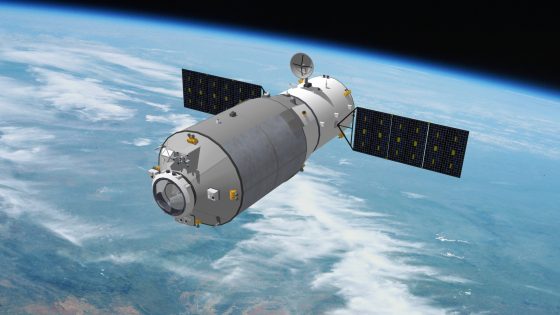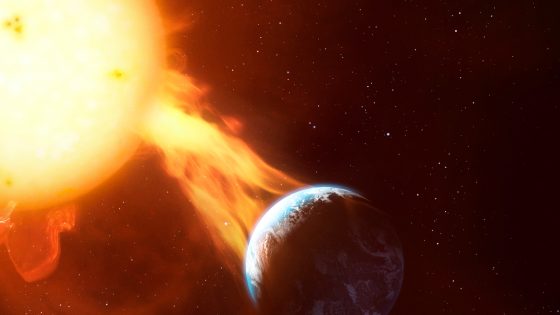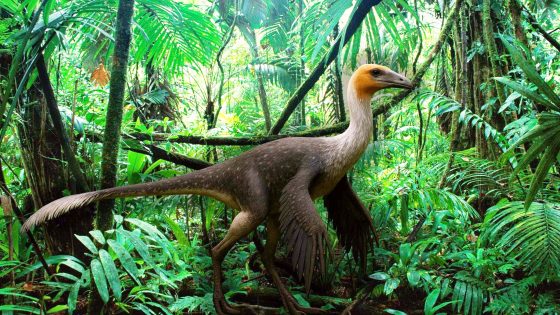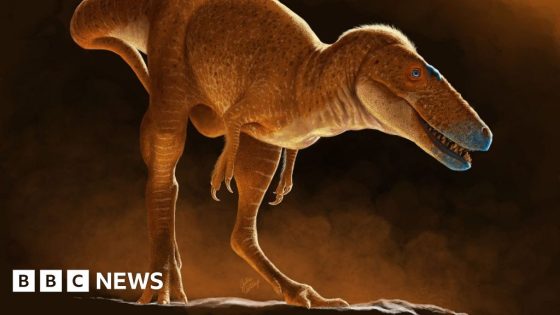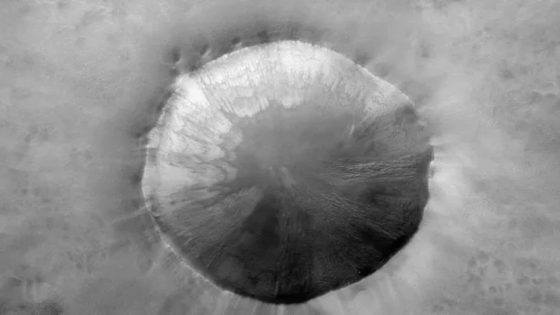Life in orbit has always intrigued scientists, especially with the discovery of a new microbe aboard China’s Tiangong station. This bacterium, identified by Dr. Junxia Yuan from the Shenzhou Space Biotechnology Group, raises questions about microbial evolution in space.
- New microbe discovered aboard Tiangong station
- Research led by Dr. Junxia Yuan
- Microbe adapts to low gravity and radiation
- Potential health risks for astronauts identified
- Effects on spacecraft systems need monitoring
- Further research on microbial behavior required
On May 24, 2025, researchers announced the findings after extensive genetic testing. The unique characteristics of this microbe suggest it may thrive in the harsh conditions of low gravity and high radiation, prompting further investigation.
This discovery prompts US to consider: how do microbes adapt when exposed to orbital conditions? Understanding this could be crucial for future missions. Key points include:
- The microbe forms resilient spores, aiding survival in space.
- It uniquely breaks down gelatin, which may be vital in nutrient-poor environments.
- Its genetic profile resembles a known bacterium that can cause infections.
As we venture further into space, understanding these microbial surprises will be essential for astronaut safety and mission success. The quest to uncover the mysteries of life beyond Earth continues.



